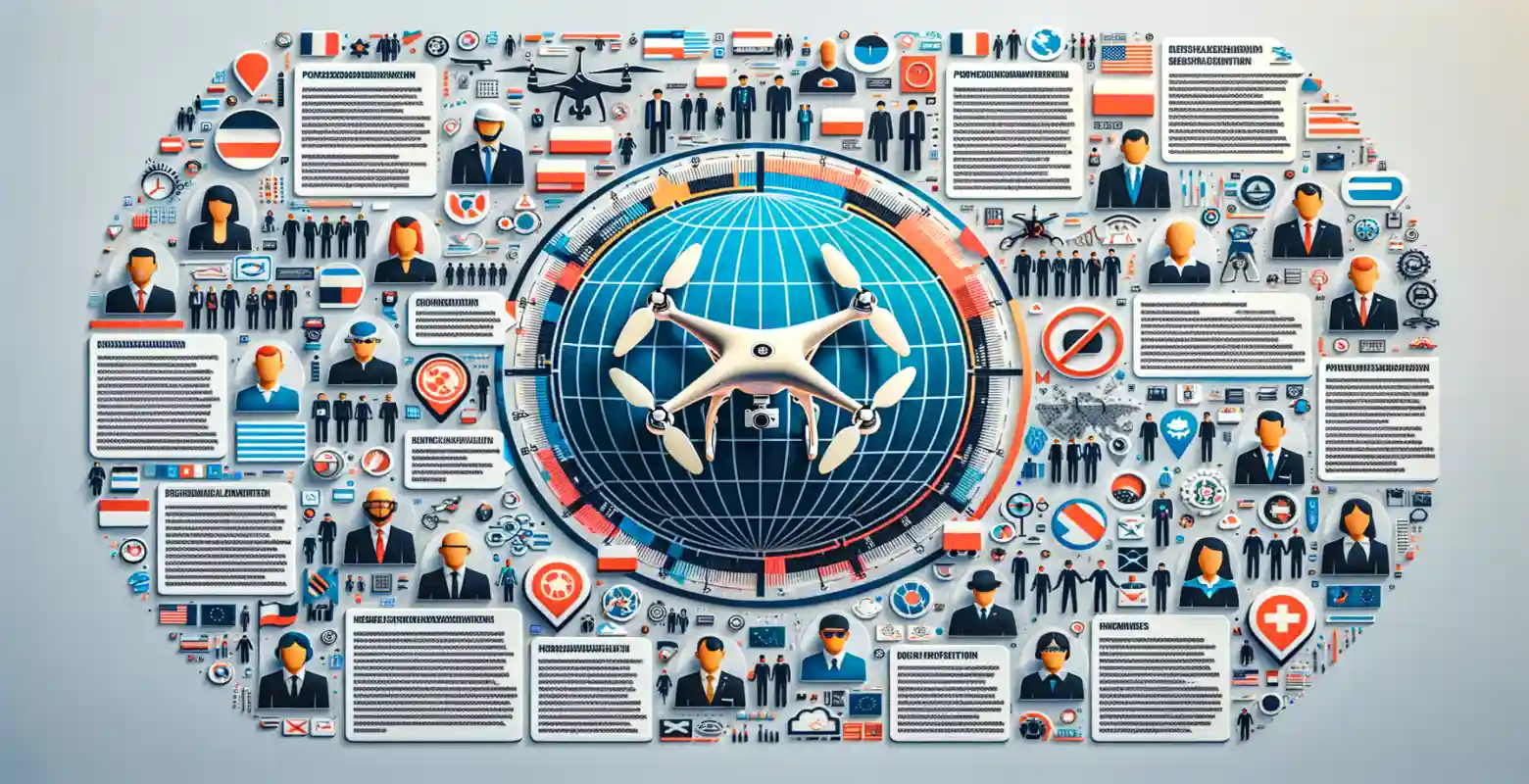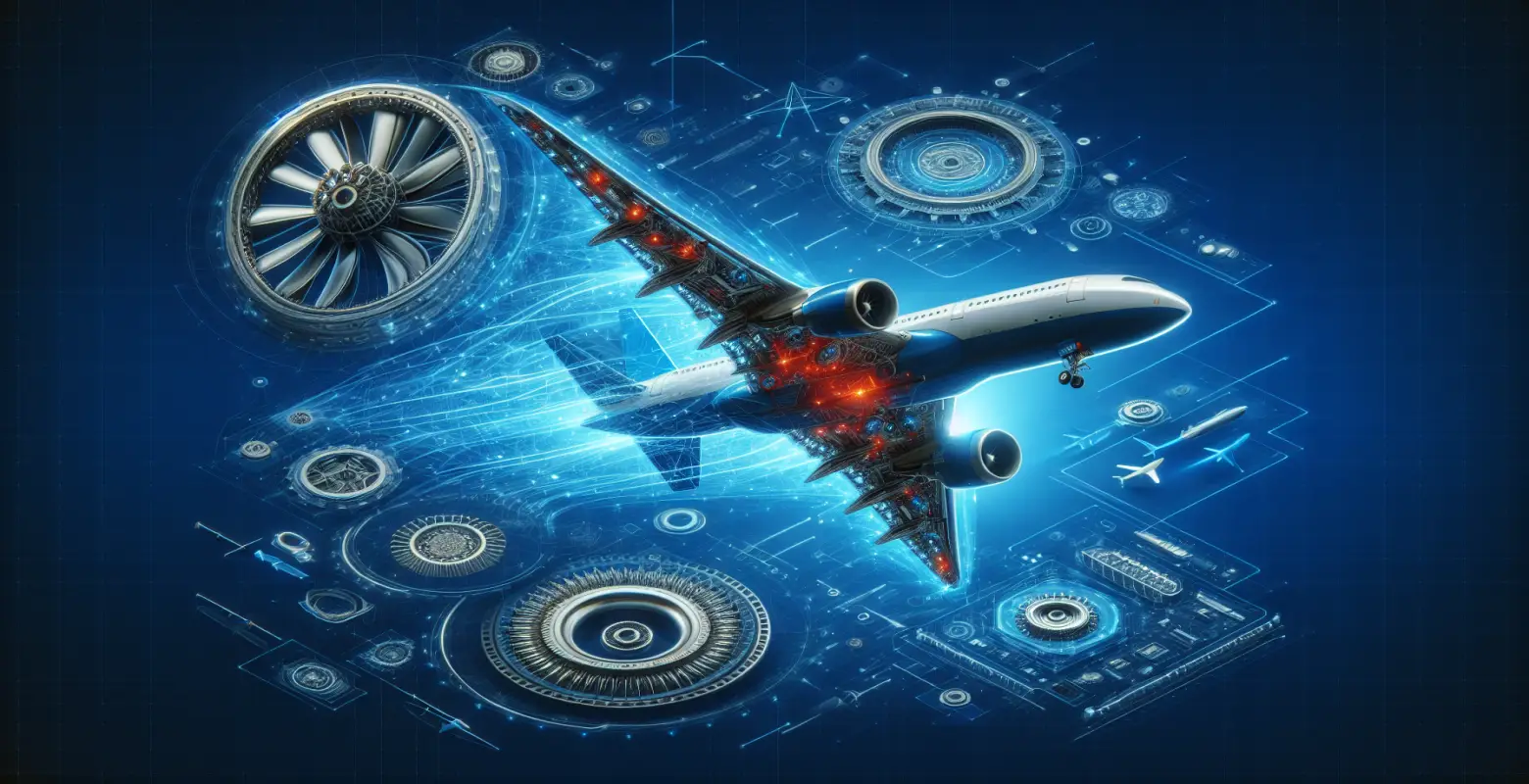Planned changes in regulations concerning drones in Poland and around the world
Introduction
In recent years, drones have gained popularity worldwide, both in recreational and commercial applications. In Poland, as in other countries, the development of drone technology has led to the need for legal regulations that will ensure the safety and privacy protection of citizens. The planned changes in drone regulations are significant not only for operators and drone enthusiasts but also for society as a whole. In this article, we will examine the planned changes in Poland and globally, as well as their potential consequences.
Drone Regulations in Poland
In Poland, drone regulations are determined by the Civil Aviation Authority (CAA). So far, these regulations have been relatively strict, especially regarding flights in urban areas and near airports. Drone operators must have the appropriate permissions, and the devices must be registered. In 2023, changes are planned to adapt Polish law to EU regulations aimed at harmonizing rules across the European Union.
New EU Regulations and Their Impact on Poland
The European Union is introducing new drone regulations aimed at harmonizing the rules for their use across the entire community. The main changes include classifying drones into risk categories, allowing for a more flexible approach to their use. Poland, as an EU member, will be obligated to implement these regulations in its legislation.
The new regulations primarily aim to increase flight safety and protect the privacy of citizens. The introduction of unified regulations is also intended to facilitate the development of the drone market by reducing legal barriers for companies operating in different EU countries.
Technical Aspects of Regulations
Along with the new regulations, there are also technical requirements concerning drones. For example, drones weighing more than 250 grams will need to be equipped with remote identification and geolocation systems. These technical innovations aim to increase control over drone movements and enable real-time tracking by relevant authorities.
Additionally, the mandatory marking of drones and operator registration aim to increase user accountability and facilitate identification in case of incidents.
Challenges Associated with Implementing New Regulations
Implementing new regulations poses several challenges. Firstly, proper education for drone operators is essential to help them understand the new requirements and adapt to them. This requires organizing training sessions and informational campaigns.
Another challenge is the integration of new technologies, such as remote identification systems, which can be costly and challenging to implement, especially for small operators and hobbyists.
Benefits of Introducing New Regulations
Despite the challenges, new regulations bring many benefits. Primarily, they enhance safety in airspace, which is crucial given the increasing number of drones. Additionally, harmonizing regulations at the EU level may contribute to the development of the drone market and increase the competitiveness of European companies globally.
Introducing new technologies, such as remote identification systems, can also lead to innovation and the development of new drone-related services, such as goods delivery or infrastructure inspections.
Future Trends in Drone Regulations
Observing global trends, it is evident that drone regulations will continue to evolve towards greater integration with other air transport systems. For instance, work on drone airports and urban airspace management systems is already underway.
Another direction of development is the automation and advancement of autonomous drones that can operate without direct human supervision. However, this requires further work on regulations that can meet new technological challenges.
Summary
The planned changes in drone regulations in Poland and globally are necessary in light of the dynamic development of this technology. The new regulations aim to enhance safety, protect privacy, and facilitate the development of the drone market. The challenges associated with their implementation are significant, but the benefits of a regulated and harmonized drone market may outweigh these difficulties.
It is important for both drone operators and regulatory authorities to collaborate in creating an environment that allows for the sustainable development of this technology in the future. We encourage you to stay informed about further changes and actively participate in discussions regarding the future of drones.






Number of comments: 0